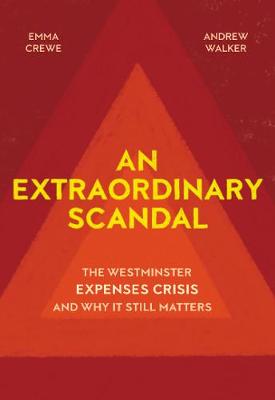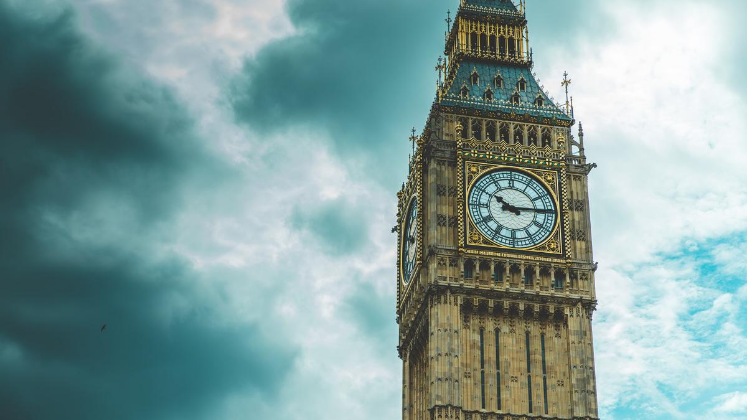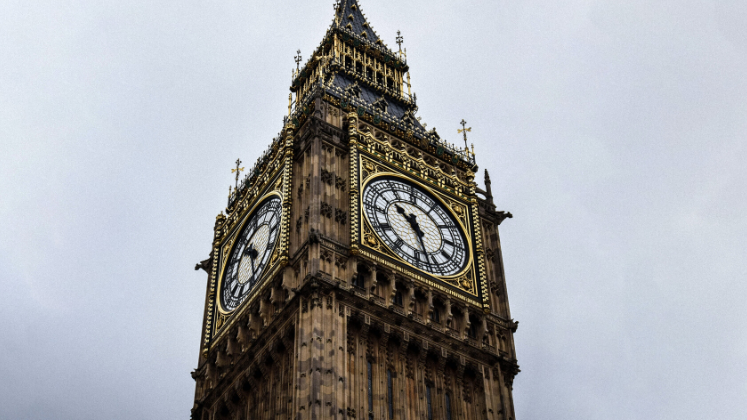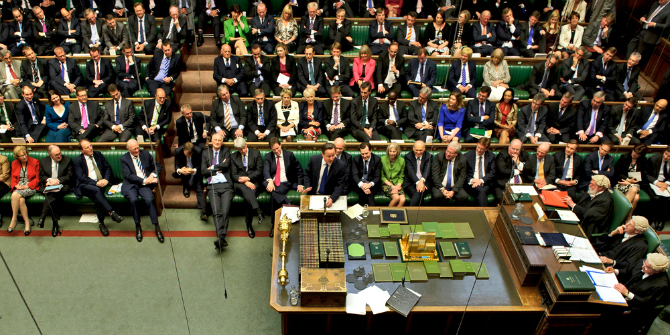In An Extraordinary Scandal: The Westminster Expenses Crisis and Why it Still Matters, Emma Crewe and Andrew Walker offer a new account of the 2009 parliamentary expenses scandal in the UK, exploring changing ideas of representation, privacy and transparency, transformations to the role of MPs and the impact of weak legislative governance. The lesson of this excellent book is the ongoing collective failure of parliamentarians to grasp that they have responsibilities not just to their constituents and to the nation, but also to the institution that they are part of, writes Ben Yong.
An Extraordinary Scandal: The Westminster Expenses Crisis and Why it Still Matters. Emma Crewe and Andrew Walker. Haus Publishing. 2019.
 Emma Crewe and Andrew Walker’s excellent book An Extraordinary Scandal tells the story of the 2009 expenses scandal, in which a number of MPs in the House of Commons were exposed by the Telegraph for having misused expenses. But this is not a retelling of the salacious details of avaricious parliamentarians and their lavish spending on duck houses (which, the authors make clear, never happened). Rather, this is a story about changing ideas of representation, privacy and transparency; transformations to the role of MPs; and most importantly, weak legislative governance—the work of maintaining and strengthening the legislature’s various institutional functions.
Emma Crewe and Andrew Walker’s excellent book An Extraordinary Scandal tells the story of the 2009 expenses scandal, in which a number of MPs in the House of Commons were exposed by the Telegraph for having misused expenses. But this is not a retelling of the salacious details of avaricious parliamentarians and their lavish spending on duck houses (which, the authors make clear, never happened). Rather, this is a story about changing ideas of representation, privacy and transparency; transformations to the role of MPs; and most importantly, weak legislative governance—the work of maintaining and strengthening the legislature’s various institutional functions.
The authors are well-placed to retell this story. Emma Crewe is a professor of social anthropology who studies legislatures, and Andrew Walker is the former head of the House of Commons Fees Office, which administered the expenses regime. Armed with this unusual ‘insider/outsider’ perspective, they set out to explain how the expenses scandal came to be, primarily through interviews with key actors—parliamentarians, officials and journalists.
Briefly, the expenses scandal erupted in 2009 when the Telegraph published details of MPs’ claims under the expenses regime, and in particular, the additional costs allowance (which allowed MPs to live in two places and carry out their roles as representative both in Parliament and in their constituency). The regime had come over time to supplement MPs’ salaries, kept low by successive governments fearing public condemnation. The expenses regime was for a long time reliant on the good faith of MPs, and although attempts were made to tighten up its administration, effective changes came too late: by 2005 the Freedom of Information Act (FOIA) applied to the House of Commons and required disclosure of MPs’ expenses claims. The scandal led (amongst other matters) to the resignation of the Speaker of the House of Commons at the time, Sir Michael Martin; the establishment of an independent body responsible for MPs’ salaries and expenses—the Independent Parliamentary Standards Authority (IPSA); and the exodus of a large number of MPs in the 2010 election. The damage to the House of Commons’s reputation was inestimable.
Crewe and Walker argue previous narratives start too late: the expenses scandal was rather the product of long-term trends and changes, including (amongst other matters) the decline of deference; the increasing pressure on MPs to prioritise their constituency work; the changing relationship between MPs and the media; and the rise of transparency and the erosion of privacy. They make the intriguing suggestion that one reason the expenses scandal reverberated so strongly was that previously MPs were able to maintain a distance from their constituents and the public, but with the collapse of deference and the intensification of the constituency role, MPs were expected to be like their constituents, and the scandal showed that many were not. It was the disconnection between what MPs were supposed to represent and what they showed themselves to ‘actually’ be which created outrage.

There are many gems in this rich book, but the most striking part of An Extraordinary Scandal is the emphasis Crewe and Walker place on the role of legislative governance—that is, the arrangements for the management of the Commons and the relationship between MPs and the institution. They make two points. First, the governance arrangements of the Commons were the accretion of years of piecemeal change, neglect and indifference from members: this resulted in a byzantine structure in which no one appeared entirely in charge. So for instance, the authors note that ten different Commons committees were involved in dealing with or scrutinising the expenses regime. While representation of diverse interests is laudable, this meant the Commons had no clear voice. It was the fragmented governance of the Commons which explained the absence of a clear approach to the disclosure of information.
Second, members failed at key points to grasp their collective responsibility for the unfolding crisis. The authors make repeated reference to a distinction between viewing the Commons as an aggregate of individuals and viewing the Commons as having a corporate identity, separate from any one individual or party. Members rarely understood the Commons in this latter sense, and it is hard to see how they would. Thus, when faced with the growing ‘threat’ from the FOIA, the Members Estimate Committee belatedly made some radical recommendations for reform of expenses (including external audit)—and members voted them down. Fearful of the implications for themselves—public misunderstandings, a genuine worry about a loss of privacy—members could not see that a second-best solution would be better for them all. And it meant they ignored their role in protecting the institution to which they belonged.
The result of these two features was (and continues to be) a Commons paralysed, rarely moving, moving too slowly or moving erratically, lurching from one proposed reform to another. For instance, even after the Information Tribunal (and later the High Court) held that the details of members’ expenses should be disclosed, key actors in the Commons still equivocated over what constituted sufficient disclosure. The resulting delays meant that the Telegraph was able to publish leaked details of members’ claims before the House could proactively publish details itself. So the expenses scandal was, in organisational terms, quite ordinary. It was ordinary because of the way that the Commons has been governed and organised, and because of the limited incentives that individual parliamentarians have to act in the collective interest when it comes to the legislature as an institution.
Sadly, we see parliamentarians’ neglect of the institution time and time again: most recently, the problem of bullying; and in the ongoing debate on the Restoration and Renewal of the Palace of Westminster. The recent decision by MPs to establish an independent process to deal with bullying is laudable, but it is worth noting Dame Cox’s report recommending changes to ensure that bullying in the Commons was addressed came out almost two years ago.
The more one studies Parliament, the more one is reminded of The Great Gatsby’s final lines—of rowing against the current, but being borne back ceaselessly into the past. The lesson of An Extraordinary Scandal—and current controversies—is the ongoing collective failure of parliamentarians to grasp that they have responsibilities, not just to their constituents and to the nation, but also to the institution that they are part of. They are as much stewards of the institution as staff are.
Note: This review gives the views of the author, and not the position of the LSE Review of Books blog, or of the London School of Economics.
Image Credit: Photo by Simon Rae on Unsplash.







